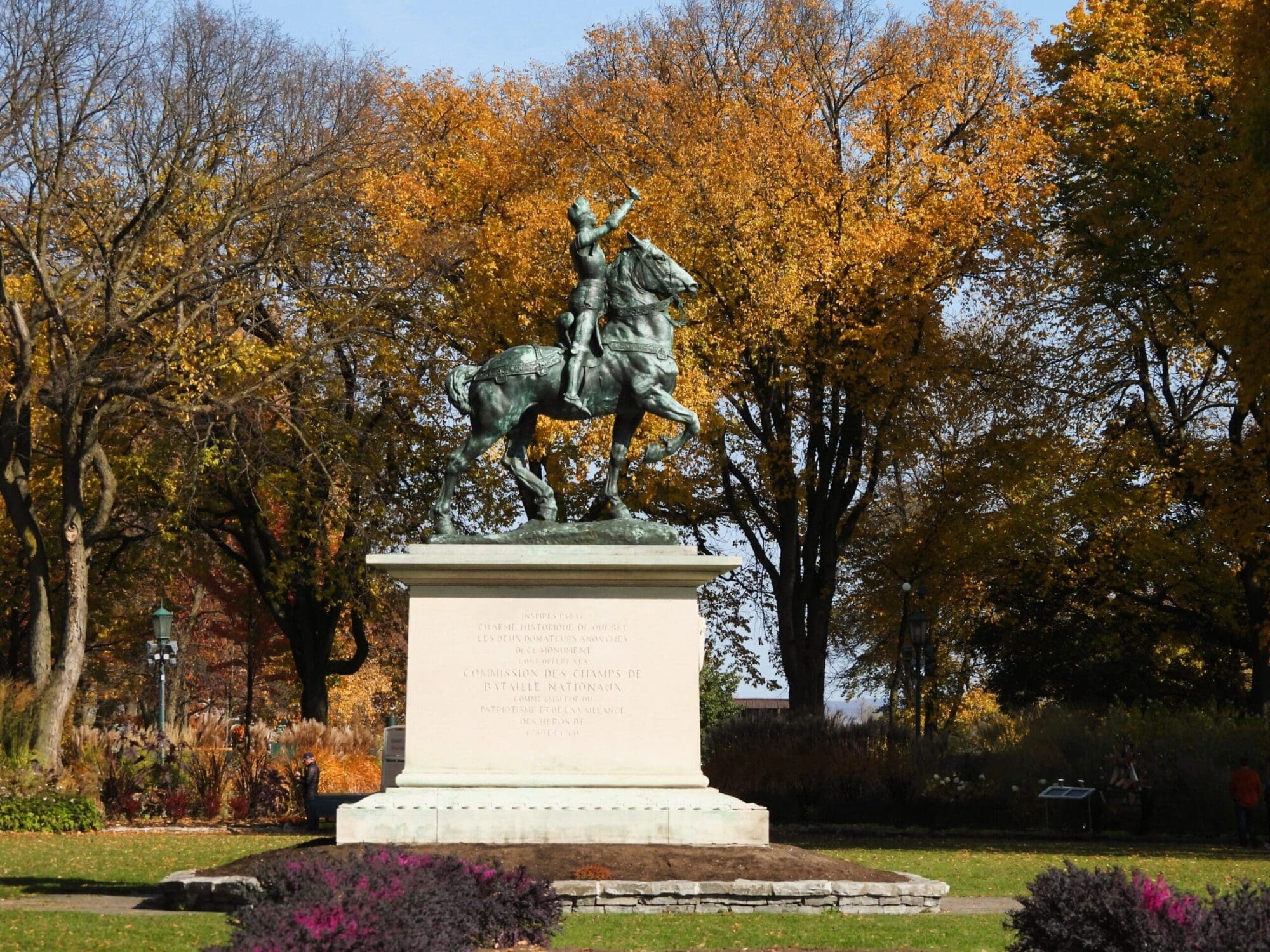Despite being scheduled for March 1, delays in census data needed for redistricting will likely cause the 2022 primary elections to be postponed.
In April, the U.S. Census reported that state legislatures would not receive the data needed to draw legislative maps until September 30, several months after the Texas Legislature’s scheduled adjournment on May 31.
The data was originally expected to be distributed at the beginning of 2021, but the Biden administration said the delays in distribution were due to restrictions from COVID that slowed the process of data collection from the Census Bureau.
Due to the delay in census data used for redistricting, election dates are expected to be pushed back. Sources have said that Lt. Gov. Dan Patrick indicated primaries may be delayed until July 2022, with one of his senior advisors telling Texas Scorecard earlier this year the elections could be held “in late spring or summer.”
Attorney Tony McDonald says that could be decided during a special session in the fall.
“The Legislature will likely be back for a special session on redistricting. They should also choose when they want the primary,” said McDonald. “Many states don’t hold their primaries until August or so, so they can easily push it back long enough to get maps in place.”
That could work out in the favor of candidates seeking to challenge incumbent members, according to political consultant Luke Macias.
“The delay in the primary is good for conservative challengers and bad for incumbents. The longer a challenger has to communicate to voters, the more equal the playing field of competition. Right now, everyone expects the election to be in late May, but it could be delayed even more,” said Macias.
In 2012, extended election deadlines provided more potential for candidates, creating new fundraising patterns and allowing more time for otherwise unknown candidates to attract attention. In the election, Ted Cruz finished in the top two in the U.S. Senate primary, despite not having previously held any elected office and being largely unknown at the time. Cruz won the seat in a runoff election.
Texas doesn’t have a U.S. Senate seat on the ballot in 2022, but the positions for governor, attorney general, and other statewide executive offices will be up for election.
Multiple pieces of legislation contemplating such a delay were filed this session.
State Sen. Joan Huffman (R–Houston), chair of the Redistricting Committee, introduced Senate Bill 1822, which would give the secretary of state the power to postpone the 2022 primaries and all filing dates if the redistricting process is not complete by November 1.
If the secretary of state delays the general election date provided by the bill, it could adjust the runoff election, the timeline for candidate filing, and the deadline for canvassing election results and declaring official results accordingly. It may also adjust other campaigns and deadlines to accommodate any postponement.
State Rep. Phil King (R–Weatherford), meanwhile, introduced similar legislation in the House in House Bill 1848.
However, neither SB 1822 nor HB 1848 have seen any movement since March or April, meaning such a bill may have to wait until the special redistricting session in the fall.





